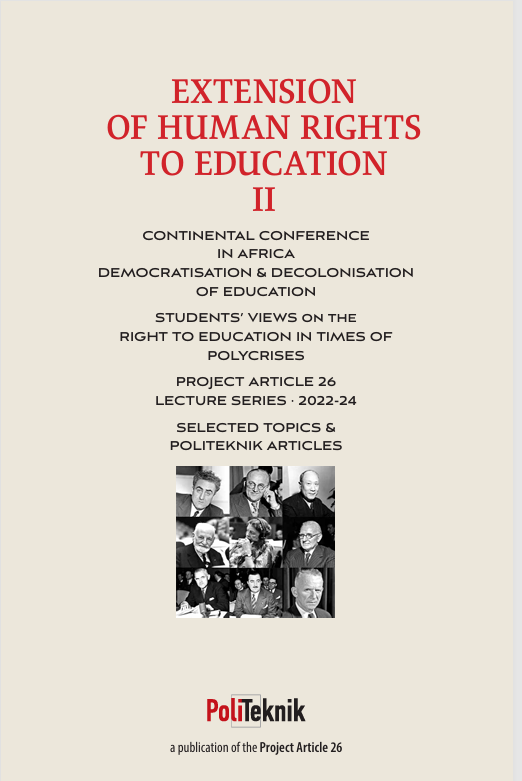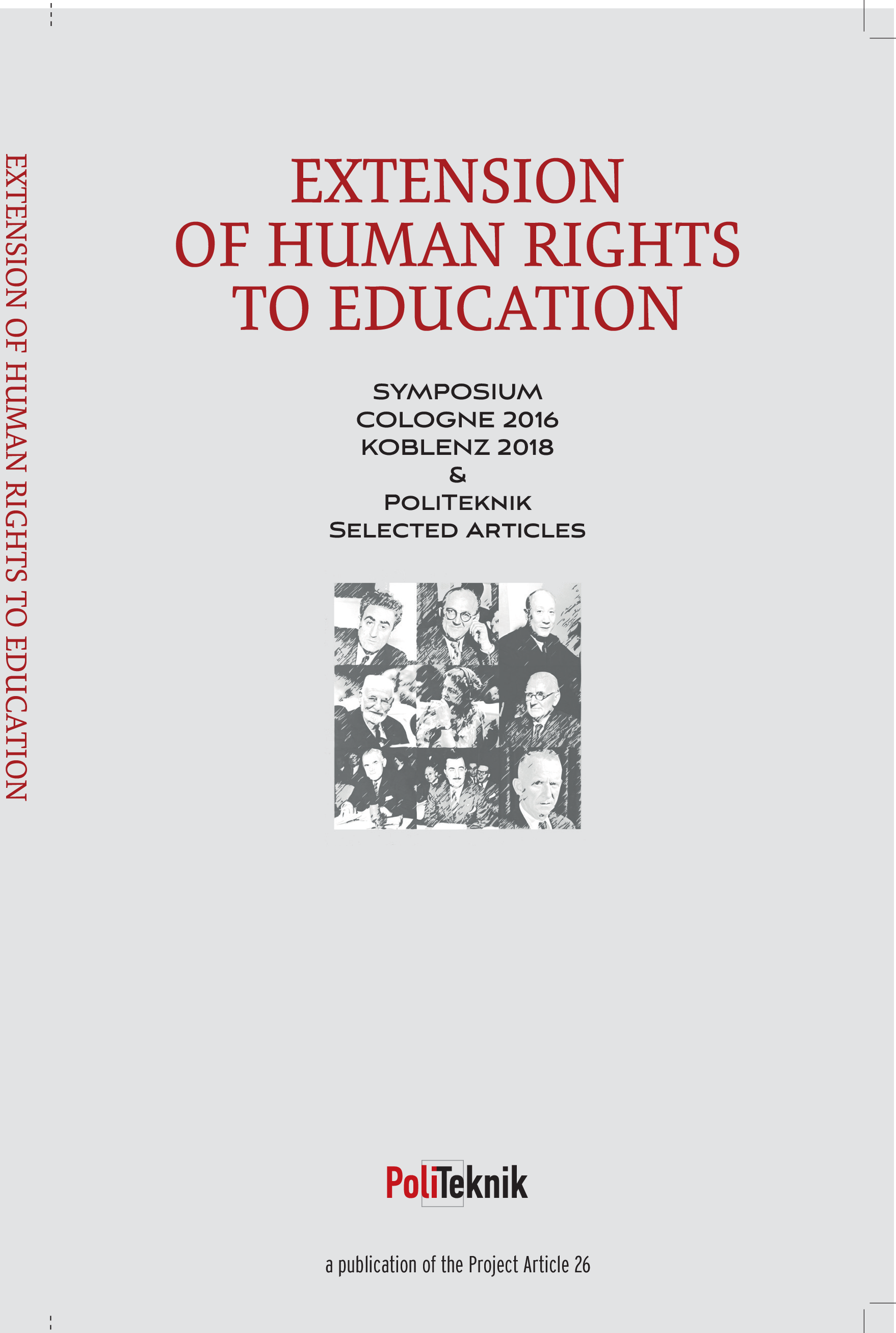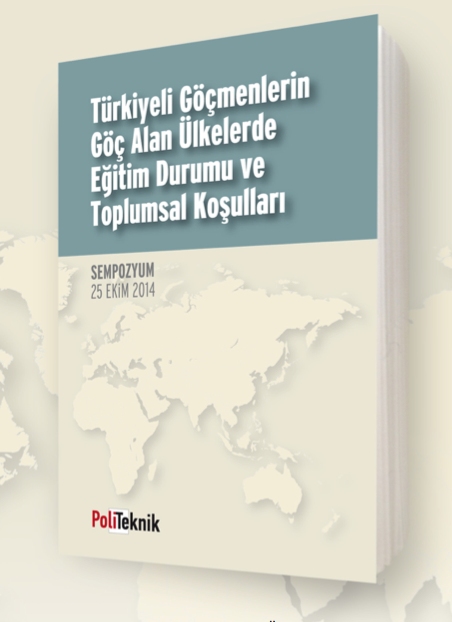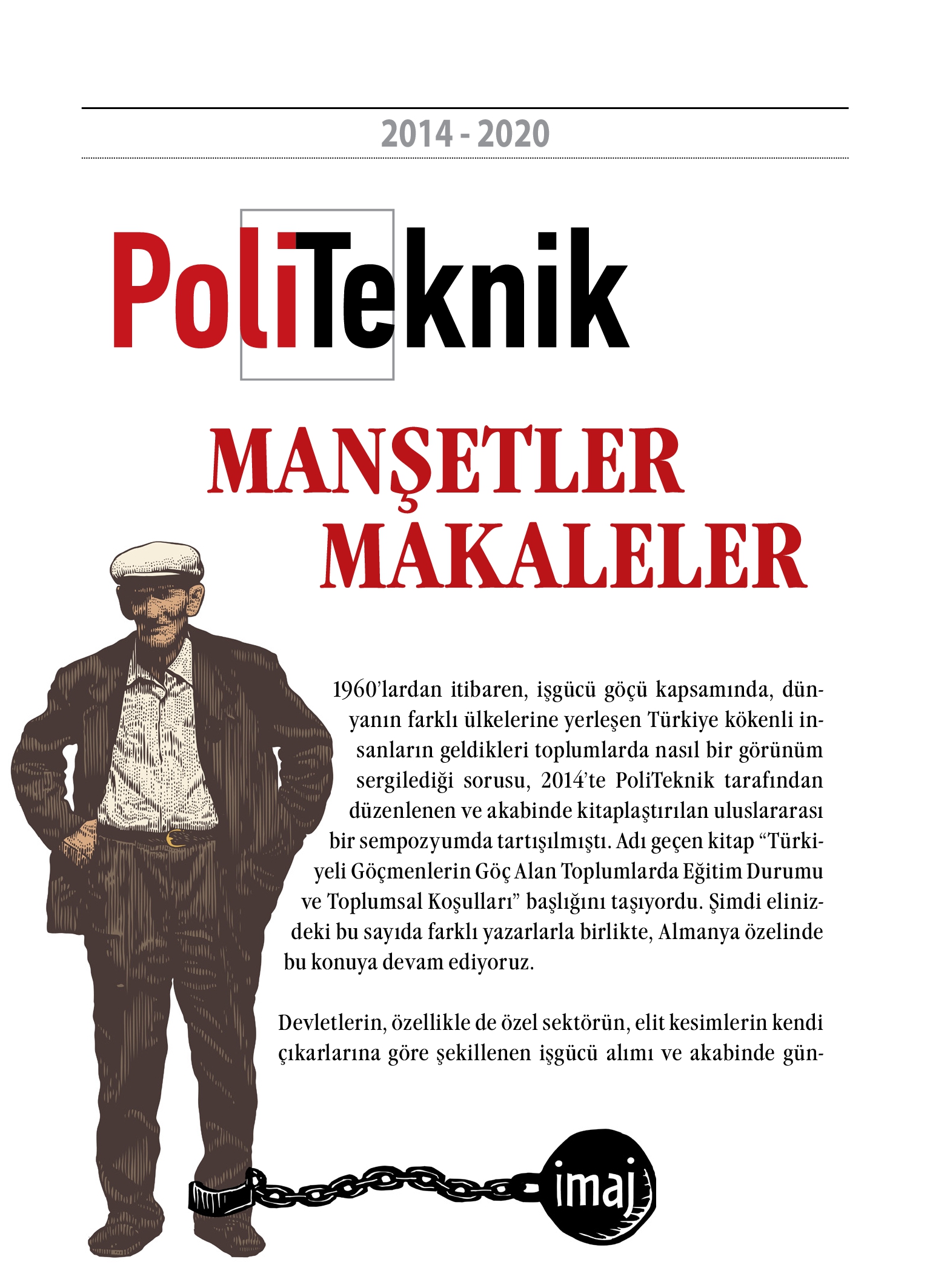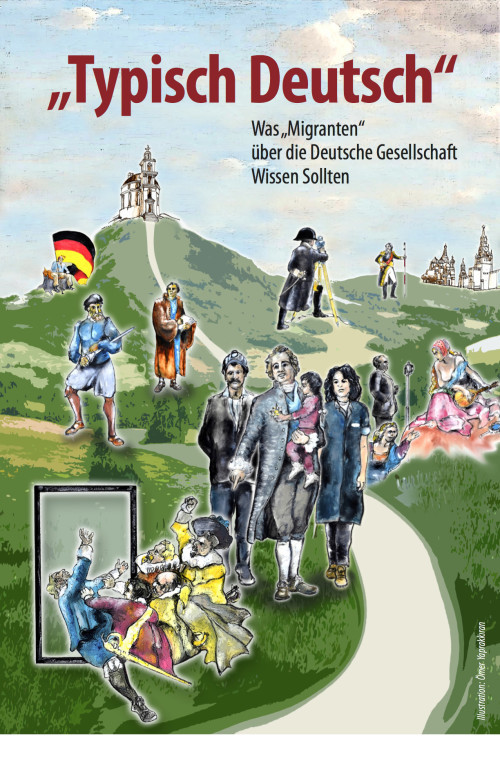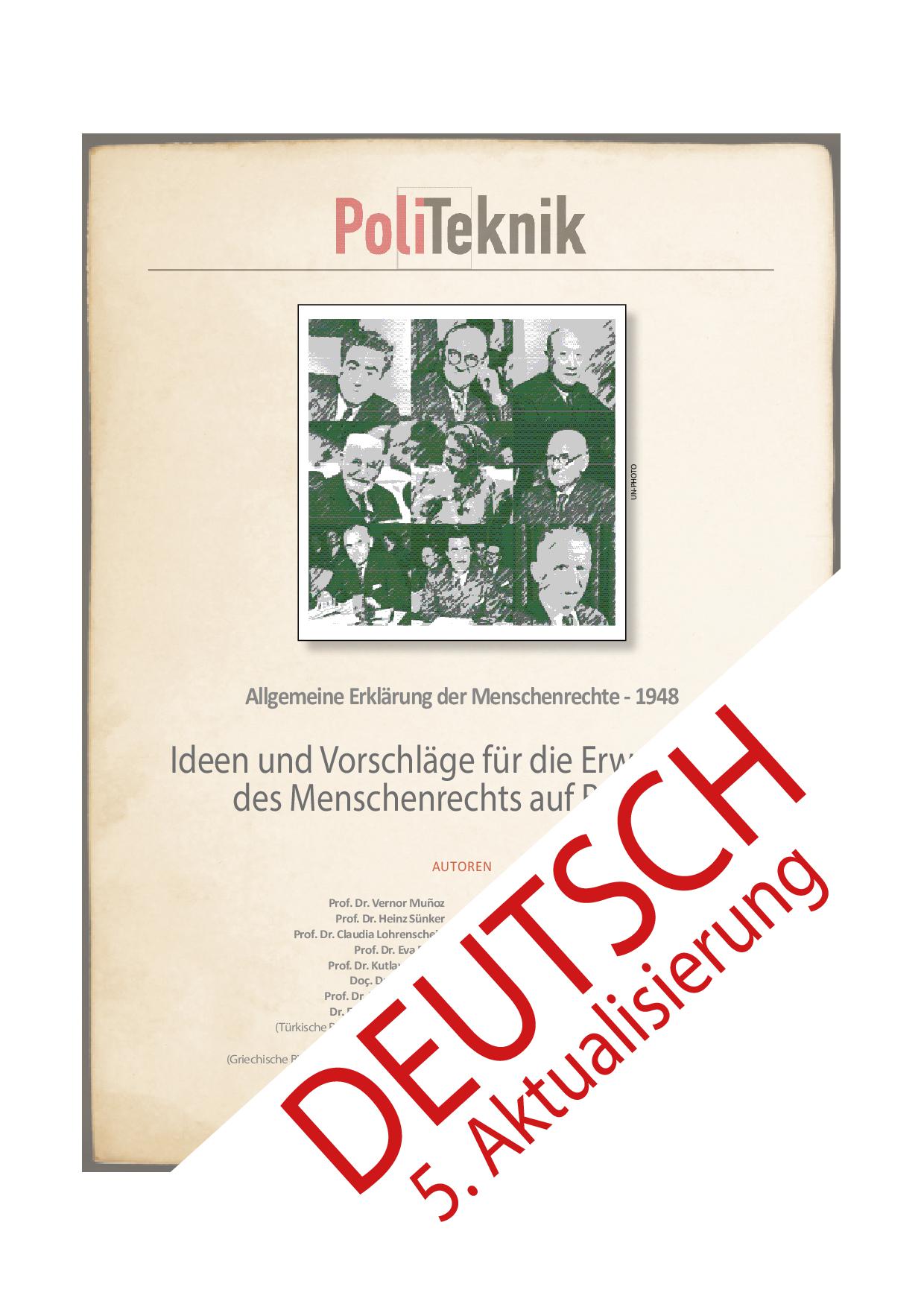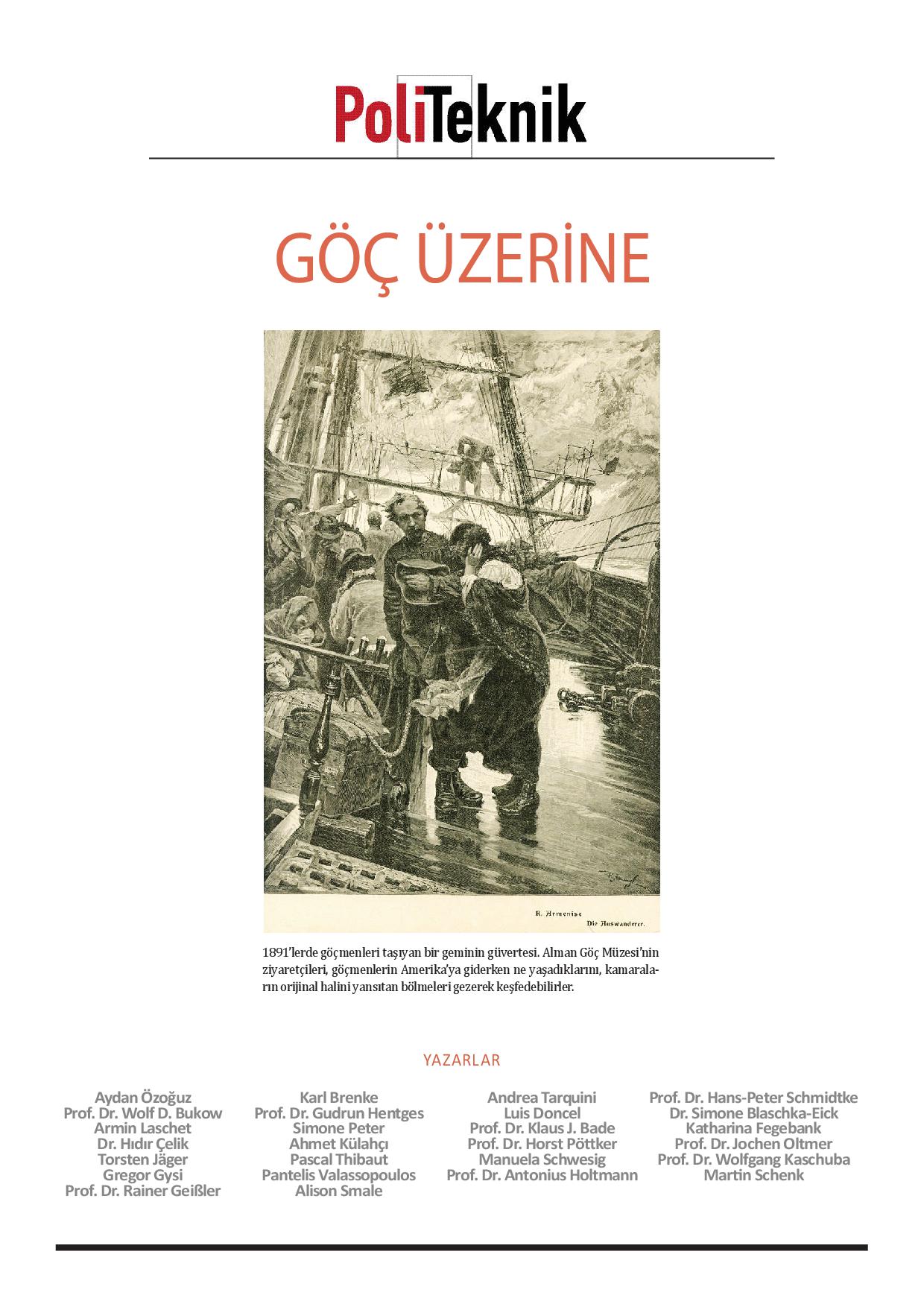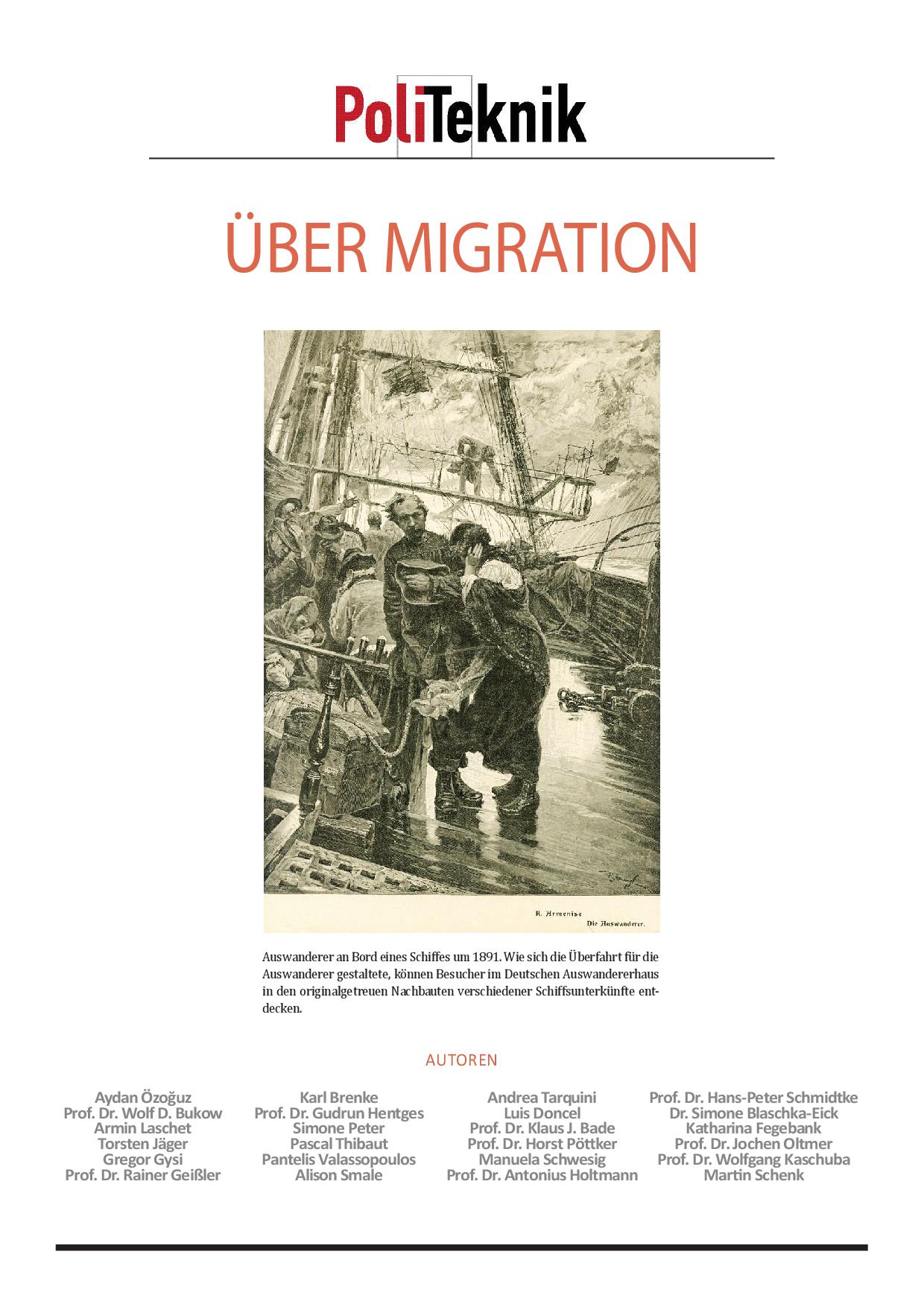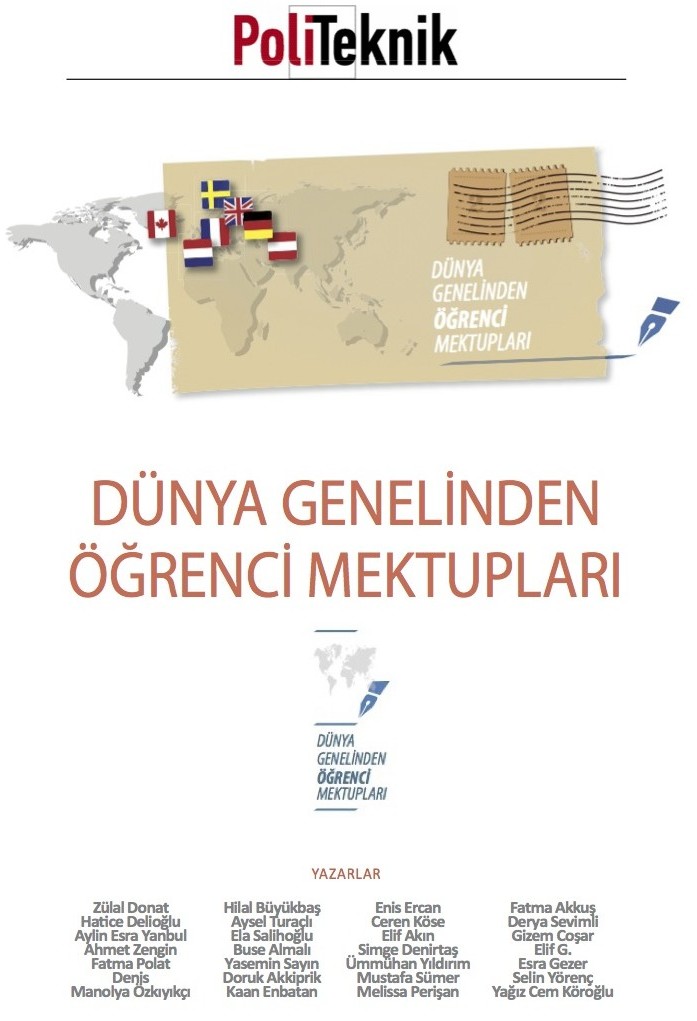Alison Smale
The New York Times
BERLIN – When I was born in 1955 in London, the last food rationing imposed in World War II had ended only months before. Growing up, one of the most popular programs on the black and white television we acquired around 1960 was ‘’All our Yesterdays,’’ a half-hour documentary that showed footage of that week in Britain 25 years earlier. It was rarely watched by my parents, who little discussed the war that had taken their prime youth years (my father was drafted aged 18 in 1939 and demobbed in 1946; my mother had to interrupt her university education and work in a factory). But the program was highly popular, running from 1960-1973 and again 1987 to 1989, often taking viewers through a time loop of Britain’s resistance to the Nazis, and its part in the Allied triumph over Nazism – and Japan – in 1945.
A shortage of good food, of course, was no stranger in the eastern part of Germany far beyond the 1950s. But growing up in Britain, we looked to the economic miracle in West Germany for comparisons as to how we were faring against the recently vanquished enemy. Between 1949 and 1955, according to the U.S. Library of Congress, wages and salaries in the new Federal Republic rose over 80 percent. In 1957, West Germany got a new central bank, the Bundesbank, and – ahead of elections – a number of social programs were launched or expanded.
Against this, Britons – who experienced no comparable economic miracle — often summoned their glory days of fighting Hitler. Even in the 1960s, when Swinging Britain changed fast at home and rapidly shed more of its empire abroad, that nostalgia was powerful, as the strong audiences for ‘’All Our Yesterdays’’ proved.
Fast forward to 2016, and this nostalgia still lurks. That is perhaps natural for the oldest Britons who remember what we still call ‘’the war’’ (as if there have been no others since) and voted strongly in favor of Brexit on June 23. Powerfully boosted by politicians like Nigel Farage and some Tories, and by substantial parts of the British media, this nostalgia has been woven into what long before Brexit was cast as an existential struggle against Brussels, or Europe.
Now that Britons have voted to leave the European Union, however, it has emerged that no one really had a plan for how Brexit might happen. Germans, in particular, are aghast at the state of affairs: Since their country has benefited from Europe, which allowed Germany to return to a position of influence, and they are taught its benefits, many Germans cannot imagine how one would vote against the E.U. And, then, horror of Teutonic horrors, have no plan to follow…
In addition, Britain’s mainstream political parties are riven with dispute: the Brexit vote did not solve or end the argument over Europe in the Tory party, and the Labour party is bitterly divided between a leader and his backers in the party membership, and the legislators in parliament who oppose Brexit and many of the far-left positions taken by Jeremy Corbyn.
The resulting political vacuum provides ample space for conjecture. Will other European nations want to follow Britain out of the European Union? Is Britain, for centuries a world force, in fact prescient, leaving the world’s largest trading bloc now in order to gird for a coming battle of individual powers? Does the British vote alone signal an unraveling of the global institutions built after 1945 with the aim of securing political and economic stability worldwide? Or are those institutions, and the European Union itself, much stronger than they now appear?
So far, there seems to be no clear answer. We are told that many businesses of international scope have examined leaving London, and Britain, although none so far has. The British vote highlighted the economic and social gap between powerful and relatively prosperous London and most of the rest of the United Kingdom, but no one has yet solved the challenge of how better to narrow it.
Instead, Britain still appears mired in the battle over its future, offering few pointers to other European nations. Europe’s future seems destined to hang in suspension for almost a year, while the Dutch, the Czechs and most significantly the French and the Germans hold key national elections, Italy attempts constitutional reform and Spain struggles to form a government.
As the respected Oxford historian Timothy Garton Ash noted right after the June 23 Brexit vote, President Vladimir V. Putin of Russia is one winner in this confusion. Recep Tayyip Erdogan in Turkey may also benefit — having narrowly survived a botched coup and arrested or dismissed tens of thousands of supposed foes, he hopes his European critics will be muted.
Meanwhile, Britain is still fighting the last battle, as it were.
As I type, the Daily Mail online is still trumpeting the victory of its anti-European stance. ‘’After Project Fear failed, now even the Treasury admits that Brexit won’t even dent the economy this year,’’ says a Mail headline on a new Treasury assessment that ‘’completely reversed’’ dire forecasts from the former Chancellor of the Exchequer, George Osborne.
‘’Forecasts for 2016’s GDP growth had been slashed to 1.5 percent immediately after the June 23 ballot, but economists now expect growth of 1.8 percent – exactly the same as they predicted before the vote,’’ the Mail writes.
But, read closely! ‘’The analysts on the Treasury panel still expect a slowdown next year,’’ the Mail adds, although ‘’a rush of positive economic data since polling day has eased fears of a Brexit-inspired recession.’’
As the British say in reporting on court proceedings, the case continues…
Read more: http://www.dailymail.co.uk/news/article-3807597/After-Project-Fear-failed-TREASURY-admits-Brexit-won-t-dent-economy-year.html#ixzz4LMZnjfDo
Follow us: @MailOnline on Twitter | DailyMail on Facebook
wages and salaries rose over 80 percent between 1949 and 1955, catching up with growth. West German social programs were given a considerable boost in 1957, just before a national election, when the government decided to initiate a number of social programs and to expand others.
In 1957 West Germany gained a new central bank, the Deutsche Bundesbank
The growth rate of industrial production was 25.0 percent in 1950 and 18.1 percent in 1951. Growth continued at a high rate for most of the 1950s, despite occasional slowdowns. By 1

